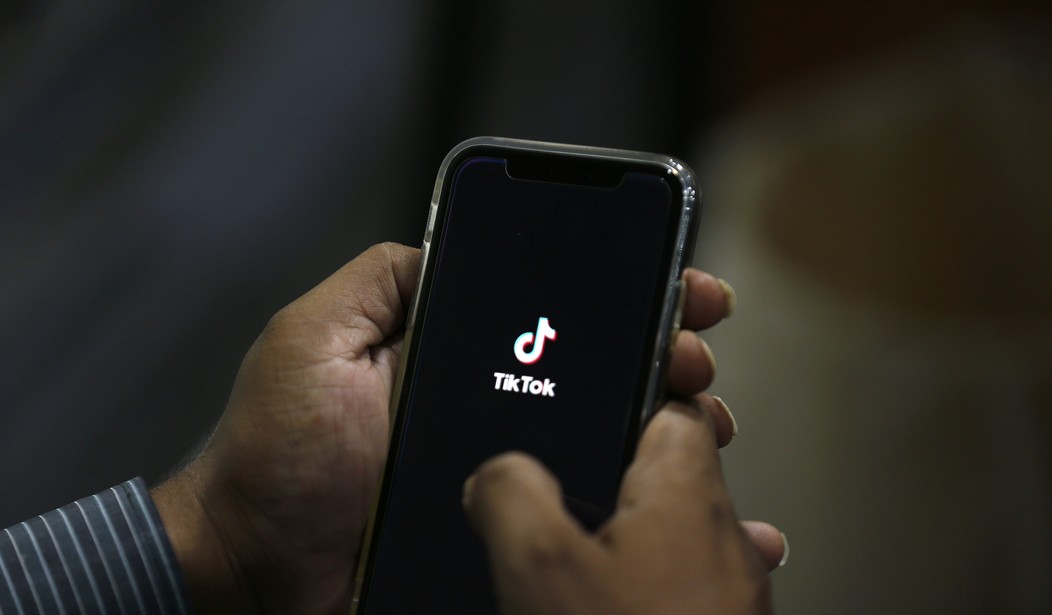Senators Katie Britt, Chris Murphy, Brian Schatz, and Tom Cotton have introduced bipartisan legislation to protect children from the harmful effects of social media. The proposed bill would prohibit children under 13 from using social media platforms and require parental permission for users under 18.
The bill also aims to restrict social media companies from using algorithms to recommend content to users under 18 and to verify users’ ages using advanced technology. The senators believe their bill represents the concerns of millions of American parents who worry about the unregulated nature of social media and its impact on their children’s well-being. They argue that the First Amendment should not grant algorithms the right to influence children or expose them to disturbing content.
The Washington Times reported:
The senators’ proposed legislation comes at a time when there is growing momentum in Congress to regulate social media companies, driven by concerns over the mental health crisis among young people, especially in the post-pandemic era. The senators cite alarming statistics, such as the CDC’s data showing high rates of persistent sadness, hopelessness, and suicidal thoughts among teenagers.
They argue that the issue of children’s safety online transcends political divisions and unites parents across the country. However, the bill still faces significant challenges, given the influence and resources of social media companies and disagreements within Congress over how to regulate the industry.
Several other bills addressing child safety and online privacy have been proposed, each taking a different approach to address concerns about social media. Industry groups warn of potential overreach and argue that some regulations could hinder access to helpful resources and age-appropriate content for teenagers.
This is the latest of several stories in which politicians are calling for the government to regulate social media by restricting its use among children. It appears to be a bipartisan endeavor, with both Republicans and Democrats supporting the idea.
However, others have questioned whether involving the government is the answer. From where I sit, it seems that laws placing age limits on social media is another example of feel-good legislation that will make it appear as if the problem is being addressed while not actually protecting children. It will likely be more of a band-aid than a true remedy.
The reality is that most social media companies already employ age limits on their platforms. But kids tend to be tech-savvy enough to get around them, meaning that adding the government into the equation will probably not make the situation any better. The reality is that if parents want to protect their little ones from the harmful effects of social media, they have to do it themselves instead of relying on the state.
In an increasingly digital world, parents must be aware of how their children are using social media. With potential risks such as cyberbullying, exposure to inappropriate content, and privacy concerns, it’s essential for parents to stay informed and involved in their children’s online activities. Fortunately, there are several ways parents can approach this issue.
Establishing open lines of communication with your children is vital. Encourage them to talk openly about their social media experiences, both positive and negative. Regularly engage in conversations about their online interactions, the platforms they use, and the content they come across. By fostering open dialogue, you can gain insights into their online world and address any potential issues in a productive manner.
Parents should set clear rules and guidelines regarding social media usage. Set age-appropriate limits on screen time and define which platforms are acceptable for your child to use. Familiarize yourself with the privacy settings and safety features of the platforms they are on, and help them enable these safeguards. Consider utilizing parental control tools or monitoring apps that can provide insights into your child’s online activities. Regularly review their friend lists, followers, and the content they post. Monitoring their online behavior allows you to identify any red flags and take appropriate action if needed.
There are plenty of apps and software that can be used to monitor how your child is using their smartphone, even beyond social media usage. Indeed, parenting is possibly the only place where Big Brother authoritarianism is appropriate, especially in the digital age. Parents have to know exactly what their children are doing online to make sure they are being protected
Stay informed about the latest social media platforms and trends. Familiarize yourself with the potential risks and challenges associated with each platform, such as cyberbullying, grooming, or inappropriate content. Research the privacy policies and safety measures implemented by social media companies. These are only a few ways that parents can safeguard their children’s minds, but they are already leaps and bounds better than trusting the government to take care of the issue.














